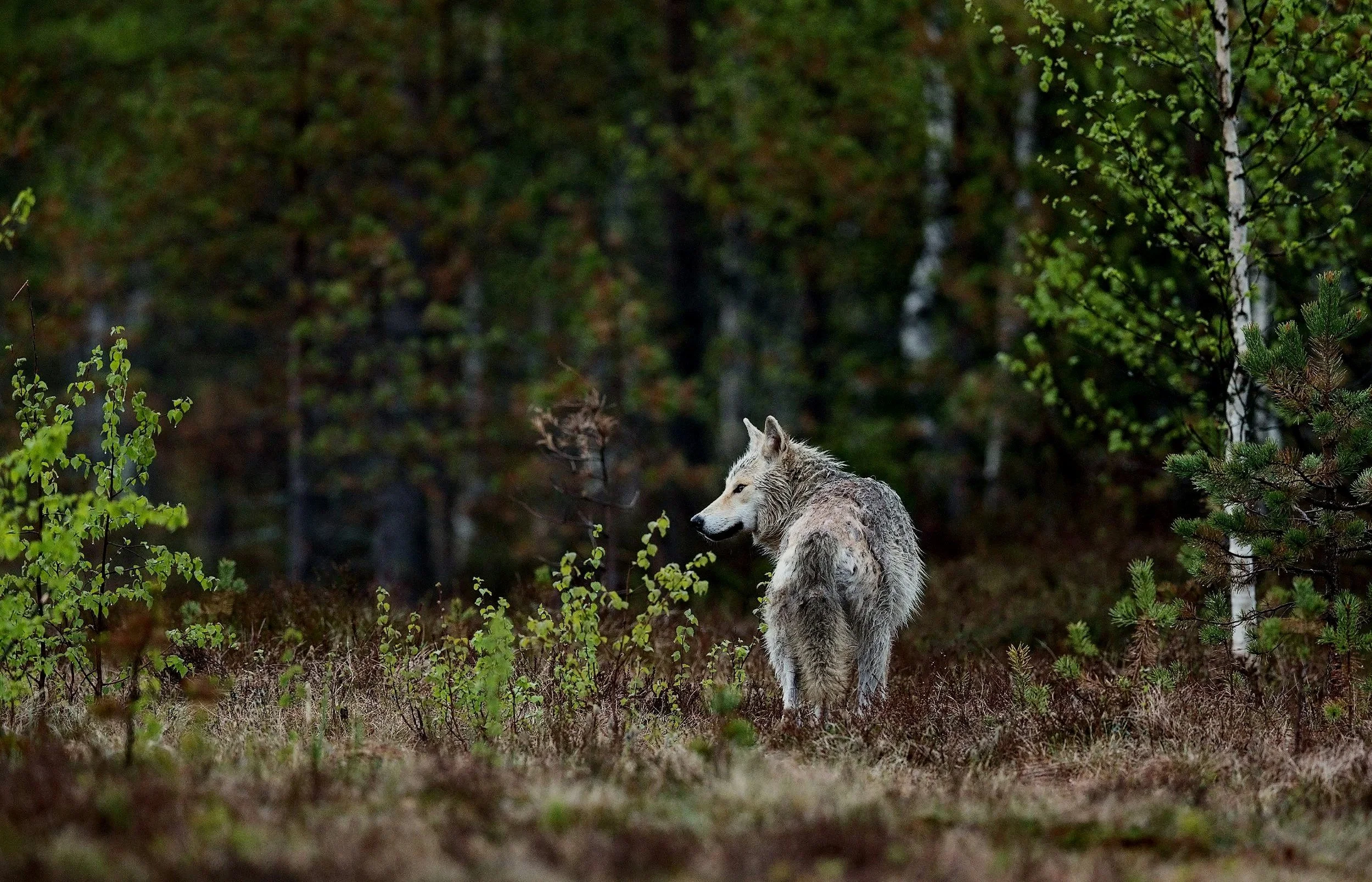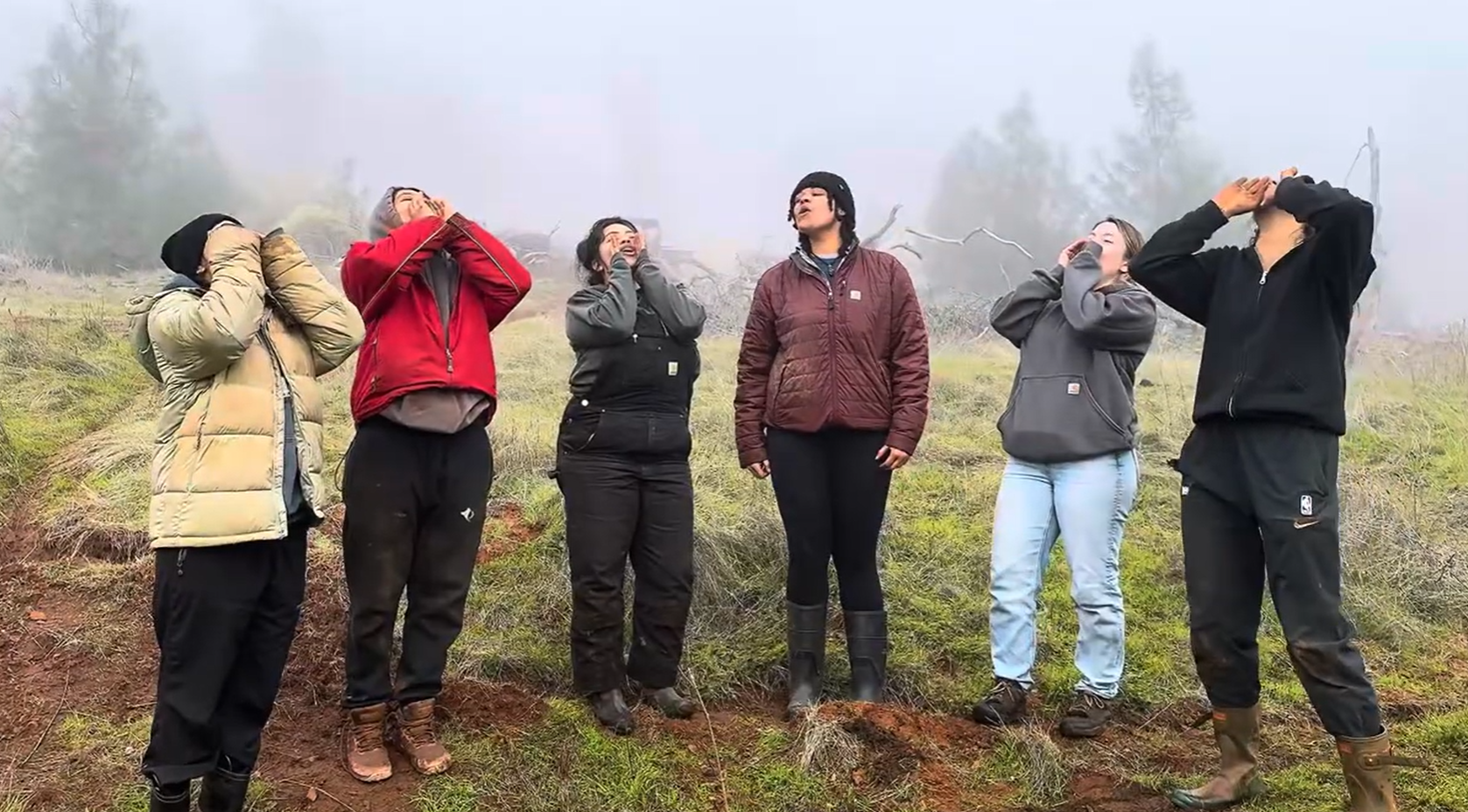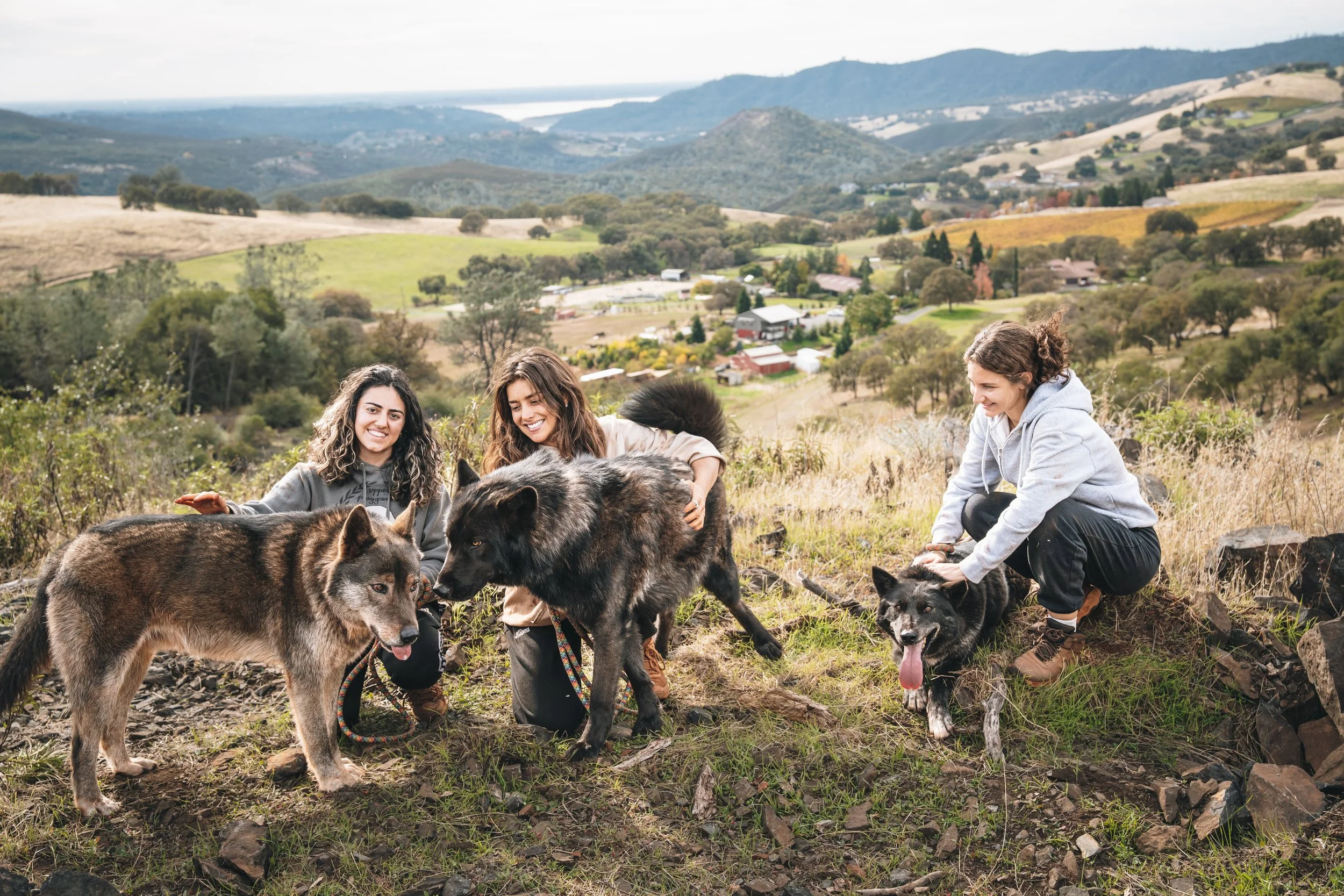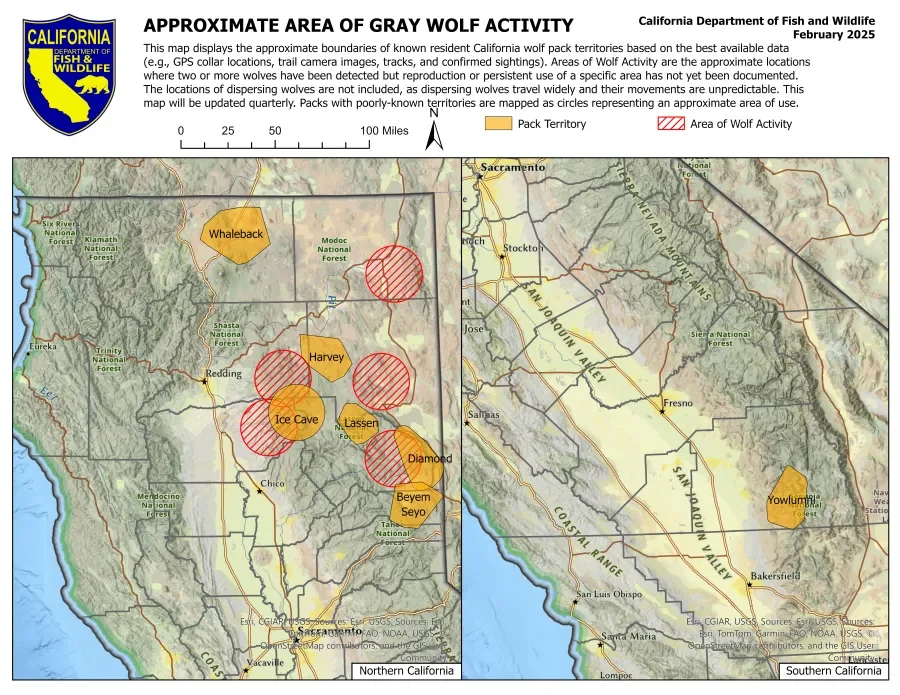
Our conservation work is about more than wolves — it is about healing the bond between people and the natural world.
Through advocacy, research, education, public education, and collaborations with diverse stakeholders
we fight for wolves and empower communities to coexist with wildlife.
we practice and implement compassionate conservation to make the world a better place for wolves, wildlife, and people.
2025 IMPACT:
150+
WOMEN SERVED THROUGH COMMUNITY EVENTS.
23+
FEDERAL, STATE, & POLICY ACTIONS ADVOCATED ON.
17,000,000+
PEOPLE REACHED MONTHLY
1000+
HOURS OF RESEARCH FOR CONSERVATION, & COEXISTENCE.
17+
PARTNERSHIPS WITH INDIGENOUS GROUPS, NON-PROFITS, & ORGANIZATIONS.
200+
YOUTH EDUCATED ON WOLF, WILDLIFE, AND ENVIRONMENTAL AWARENESS.
California Wolf Recovery
California’s wolf recovery is still in its infancy, with only 10 confirmed packs and an estimated 50–70 wolves statewide—all descended from just a few dispersers since 2011. In 2025, CDFW collared a record 12 wolves, improving monitoring and research, yet conflict pressures remain high: multiple wolves, including members of the Beyem Seyo lineage, were lethally removed after livestock depredations.
Women for Wolves has played a direct role in pushing California toward non-lethal coexistence by submitting formal policy letters to CDFW, showing up at Fish & Game Commission meetings, and mobilizing over 100,000 Californians to advocate for wolves.
We advised CDFW to redo their wolf management to prioritize non-lethal methods. With fewer than 80 wolves in the entire state, every individual matters—and continued public pressure, coexistence investment, and strong legal protections will determine whether California becomes a true model for wolf recovery or repeats the mistakes of other states.





